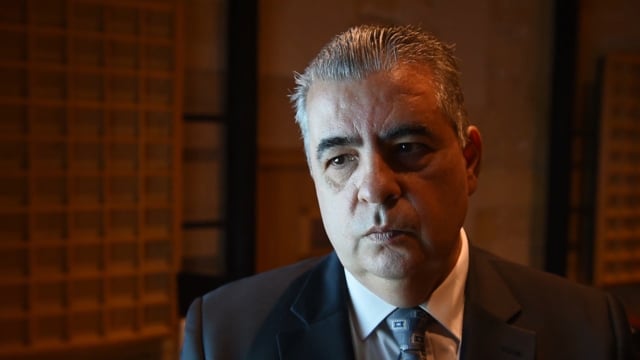[WATCH] Campaign to promote child fostering launched
Roughly half of children who are unable to live with their biological parents currently live in foster homes


The Foundation for Social Welfare Services (FSWS) has launched a campaign in a bid to increase the number of foster homes available to children who are unable to live with their biological parents.
Addressing a press conference marking the launch of the campaign, family minister Michael Falzon said the campaign would seek to encourage individuals to foster a child, while also clearly explaining what this entailed.
He said there were various reasons children were sometimes unable to live with their biological parents, including sickness, death as well as a number of realities that society needed to face up to like drug addiction, incarceration and parents not being suited to raising children.
He said that while the number of foster parents had increased substantially last year, a number of obstacles remained.
"The issue is that parents, despite loving the children will still have the idea at the back of their mind that the children are not there's, and that they can be taken away," said Falzon.
For this reason, he said it was important for people to understand what the role of a foster carer was, and what should be expected.
"They must understand that it is doing something for society not just the child."
The sector, he said, needed strengthening and the government was committed to doing so, having increased increase foster parents' allowances in the last budget.
He noted that a third of the last budget had been dedicated to the social sector and that a new grant for parents choosing to adopt was in the pipeline, as was a law on the protection of children.
FSWS chairman Alfred Grixti said the campaign needed to be viewed within the broader context of a concerted effort on European level, to reduce the number of children living in poverty or at risk of social deprivation.
According to the latest statistics, roughly 25% of children under the age of 18 lived in such conditions.
He said EU funds were being dedicated to more empirical research on children's well-being and housing children with care orders with families rather than in institutions.
Grixti explained that as things stood, roughly half of children who are unable to live with their biological family, lived with foster parents, with the remainder living in children's homes operated through an agreement between the church and the government
Josephine Muscat from Agenzija Appogg said the agency held a number courses and provided the necessary assistance to those interested in fostering children, through a team of eight full-time social workers.






.jpg)
















